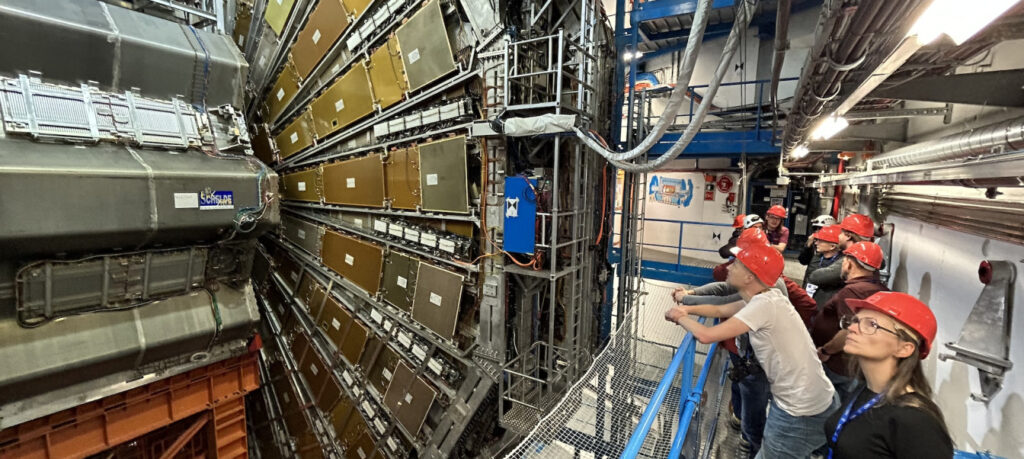In collaboration with Nokia, Nikhef, and CERN, SURF successfully tested the data transmission speed between CERN in Geneva and Amsterdam. The test achieved an impressive speed of 800Gbps over the 1648-kilometre fibre-optic link. This confirms the network’s readiness to handle future large-scale data flows, such as those generated by CERN’s particle accelerator.
Upgrade of the Large Hadron Collider
The test was conducted in preparation for the planned upgrade of CERN’s Large Hadron Collider in 2029. This upgrade will enable more precise measurements, facilitating detailed research into the origins of the universe. The upgrade is expected to result in five to seven and a half times more research data than currently produced. All this data will need to be distributed to universities and research groups worldwide, including those in the Netherlands, via networks such as SURF’s.
To successfully transport this immense volume of data, SURF has optimised its optical network. Nokia tested its latest-generation network cards to evaluate their performance over the SURF network under such demanding conditions. The successful test demonstrated that this section of SURF’s network between Amsterdam and Geneva can handle significantly higher capacities than previously anticipated.
Increasing Demand for Bandwidth and Network Speed
The upgrade of the Large Hadron Collider aligns with the global trend of data-intensive research requiring higher network speeds, increased bandwidth, and greater storage capacity. Research projects such as the Square Kilometre Array, the Einstein Telescope, the Low-Frequency Array, and the International Thermonuclear Experimental Reactor also generate massive data streams, demanding speeds beyond the current 100Gbps and 400Gbps standards.
Insights and Follow-Up Tests
Testing an operational network connection over long distances using real data from the Large Hadron Collider provides unique insights into data transport and storage at scale. These types of tests, regularly conducted by SURF in collaboration with various network partners, are essential for enhancing infrastructure to support data-intensive research.
SURF continues to innovate by testing, optimising, and expanding its network, global network hubs, storage capacity, and computational power. The goal is to ensure that data-intensive research can be conducted effectively now and in the future.

